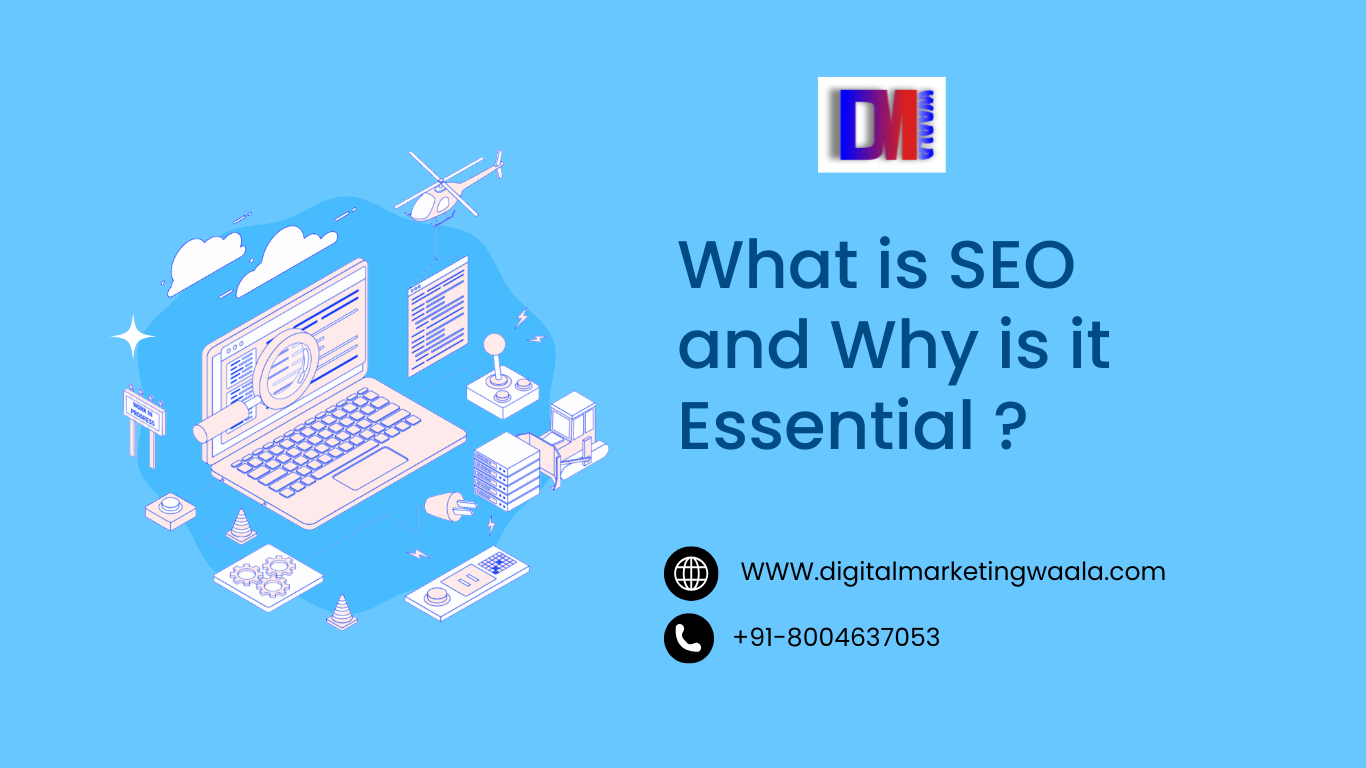SEO, or Search Engine Optimization, is the process of optimizing your website to rank higher in search engine results. A well-optimized website attracts more visitors and improves the user experience, making your blog content more accessible and relevant to readers.
Essential SEO Basics for Beginners
1. Start with Keyword Research
Keyword research is the foundation of successful SEO. Keywords are phrases or terms people use to search for information online. By targeting specific keywords related to your blog’s content, you increase your chances of appearing in relevant search results. Here’s how to get started:
- Identify Your Niche Keywords: Choose keywords relevant to your blog topic.
- Use Keyword Research Tools: Free tools like Google Keyword Planner can help you find popular keywords.
- Focus on Long-Tail Keywords: These are longer, specific phrases (e.g., “how to start a blog for beginners”) that attract targeted traffic.
2. Write Engaging, High-Quality Content
Creating valuable, reader-friendly content is essential for effective SEO. Quality content improves your search rankings and keeps visitors coming back for more.
- Use Simple Language: Write in an easy-to-understand way that appeals to all readers.
- Break Up Text: Use headings, bullet points, and short paragraphs to make your content skimmable.
- Include Internal Links: Link to other pages or posts on your blog to enhance the reader experience and help search engines understand your website’s structure.
3. Optimize On-Page SEO Elements
On-page SEO refers to optimizing individual pages to improve rankings and drive relevant traffic. Key on-page SEO factors include:
- Title Tags and Meta Descriptions: Ensure each post has a unique title and meta description that includes your target keywords.
- URL Structure: Use short, descriptive URLs that reflect the page’s content.
- Alt Text for Images: Describe images with relevant keywords in the alt text to improve accessibility and SEO.
4. Focus on Mobile-Friendly Design
Many readers will access your blog on mobile devices, so a mobile-responsive design is crucial. Google also favors mobile-friendly websites in search results, making it essential for SEO.
- Use Responsive Themes: Choose a theme or design that automatically adjusts to different screen sizes.
- Test Mobile Usability: Check your blog’s performance on mobile devices to ensure a smooth experience.
5. Improve Site Speed
A slow-loading website can deter visitors and impact your rankings. Improving site speed enhances user experience and boosts SEO performance.
- Optimize Images: Compress images to reduce file size without compromising quality.
- Enable Browser Caching: This allows returning visitors to load your site faster.
- Limit Plugins: Too many plugins can slow down your website, so only use essential ones.
6. Build Backlinks
Backlinks from other websites can significantly boost your SEO. When reputable websites link to your content, it signals search engines that your blog is trustworthy and valuable.
- Guest Blogging: Write for other blogs to gain exposure and include a link back to your site.
- Social Sharing: Share your posts on social media and encourage others to do the same.
Conclusion: Start Your Blogging Journey with SEO
SEO may seem complex, but with these beginner-friendly tips, you can optimize your blog to attract readers and grow your online presence. By focusing on high-quality content, mobile-friendliness, and effective keyword use, you’ll be on your way to creating a successful blog that ranks well and engages readers.











